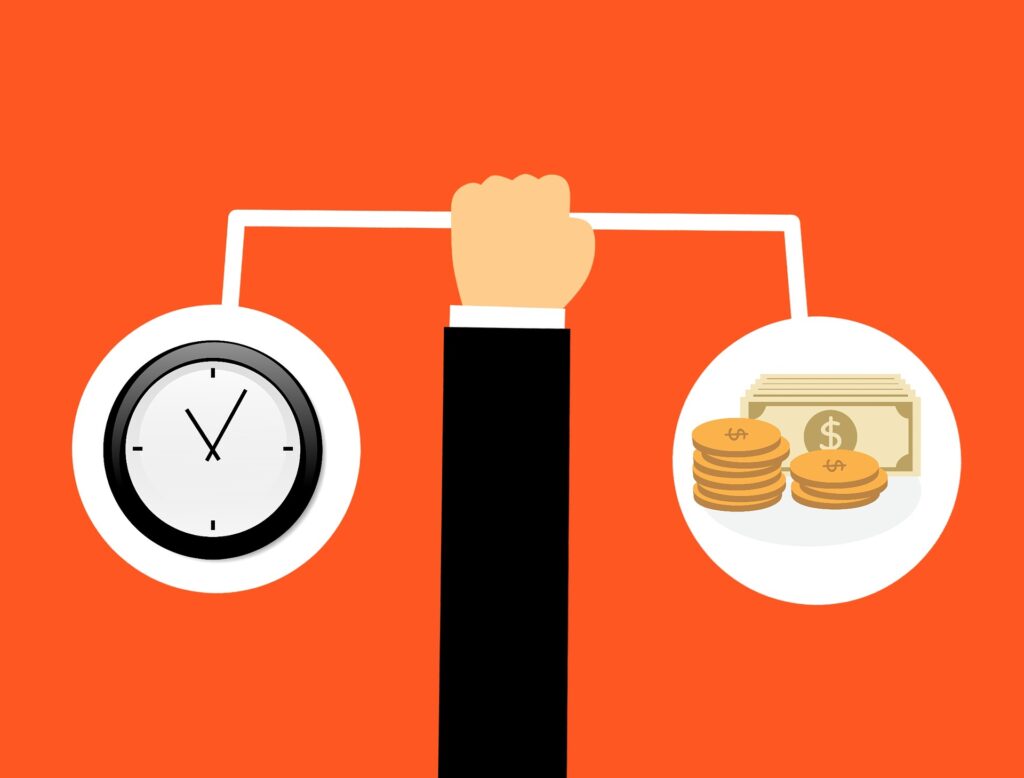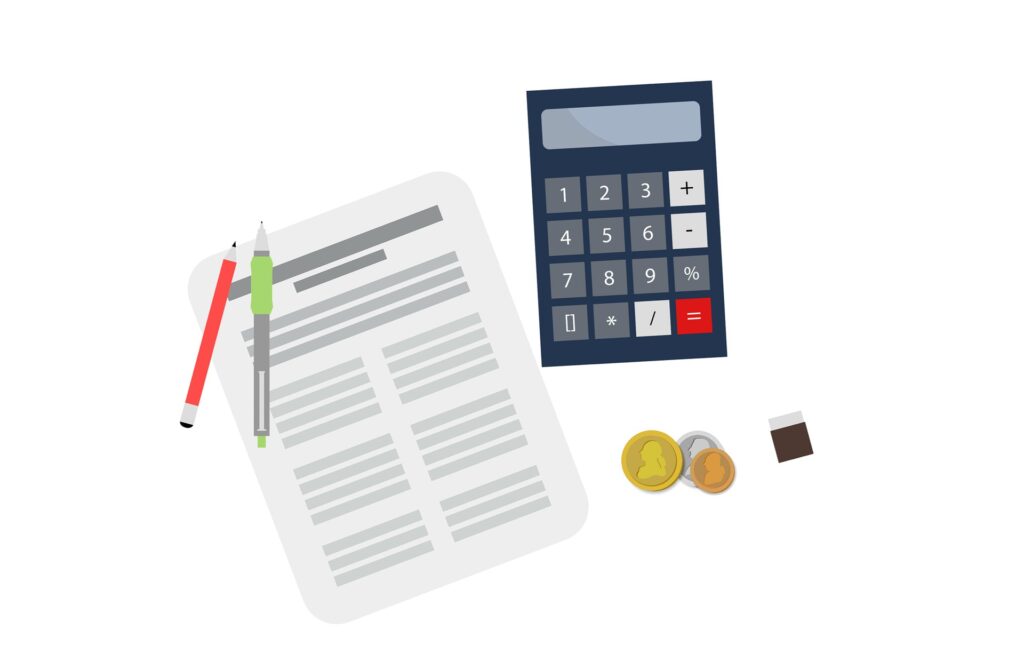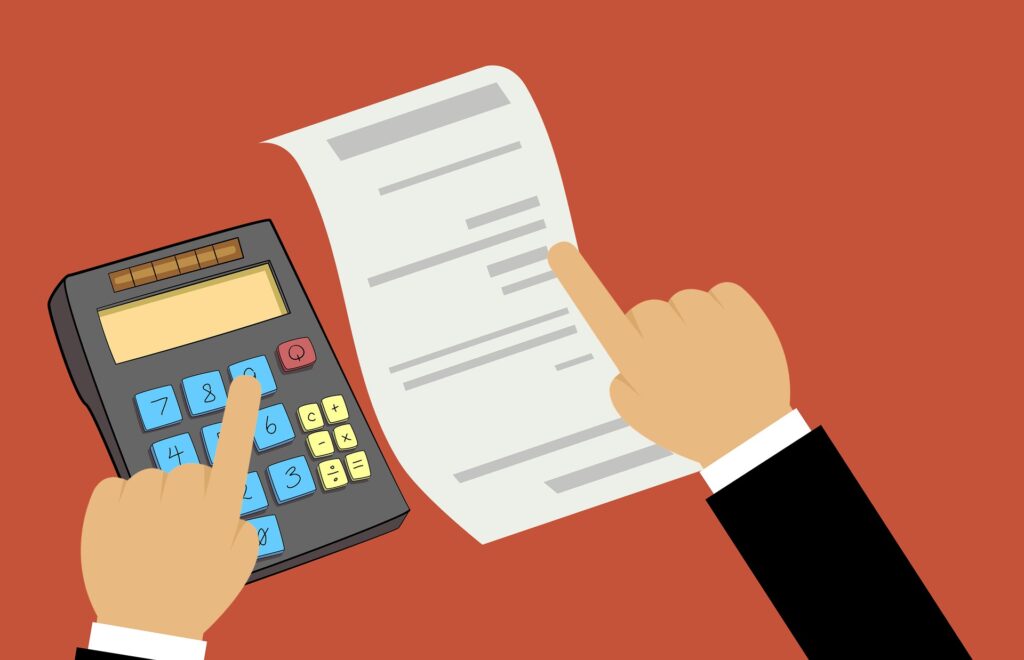Money management refers to planning your money and liquid finances so that you can make the most of it. It typically involves saving and budgeting money, investing in future, and reducing or avoiding debt. Here are three fundamental steps that will help you gain more control over your money.
1. Assess Your Current Position
Money management is not just about making the math work. You need to adjust your mindset too. You need to take stock of your current position.
- Have you been overspending frequently?
- Do you have enough saved to tide you over a rainy patch?
- Are you consistently living paycheck to paycheck?
- Does financial jargon overwhelm you?
Don’t lie to yourself. You need to be prepared to face your weaknesses. There may have been a few missteps in the past. You don’t have to continue with those mistakes in the future. Be determined to undertake bold corrective measures.
2. Create a Financial Blueprint
Before you can put your plan into action, you need to create a blueprint that works for your finances. Use these steps:
Budget
Start with a budget. Choose a system that you know is easy enough to stick with. Most people find the 50/30/20 budget plan simple enough. You need to allocate 50% of your income to needs, 30% to wants, and 20% to debt repayment or savings. There are plenty of budgeting options to choose from if this doesn’t work for you.
Track your expenditure
You can have a better idea to where your money is going by tracking expenses. You may not spend so much on a certain category. Or, you may adjust your expenditure so that it aligns better with your goals during times of serious inflation and high gas prices.
Save
You will find various avenues to save and invest once you pay attention to your finances. You need to make long-term changes by tweaking daily habits and negotiating your spending. Ideally, money saving should become a part of your lifestyle over a period of time.
Separate your accounts
You should have designated and different accounts for savings and spending. A terrific way to manage your money is to keep money for bills and budgeted expenses in a designated account. This should be separate from your emergency fund. You will be less likely to blow up your rent money on a night of binge drinking with friends. Keep your savings in separate accounts if you are looking to vacation, purchase a house, or a new car.
Pay off expensive debts
An integral part of money management is creating a plan to pay off debt. A strategic approach will help you reach the debt-free finish line quicker. You need to tackle the most expensive debt first. These are the ones with the highest interest rates. Keep making minimum payments on the rest. Work your way down till all debt is paid off.
Build your credit score
Your credit determines the rates you get loans and other borrowings on. You can enhance all aspects of your financial life by developing good credit habits. Credit checks are common whether you are getting an apartment, car insurance, or a cell phone plan. Focus on the two biggest influencing factors – credit utilization and payment history. Make sure you pay everything on time. A single missed payment can affect your score.
Think about your financial future
It is never late to invest in your future. Set money aside in IRA or 401(k) now. The compound interest will work its magic. After all, the ultimate goal is to achieve long-term stability and financial freedom even in times when policies from the government seem to be working against you and everyone else.
3. Save, Invest, and Reduce Debt
Money management doesn’t just consider your expenditure. You need to have saved enough to live comfortably in both short-term and long-term. These are a few steps to achieve financial prowess:
Start saving now
Start building your emergency fund by socking away anything extra. You should ideally have 6 months of living expenses in case something unthinkable happens. You don’t need to start large. You can always start small. Work towards a $500 reserve goal as a starting point.
Invest
Nobody created wealth by savings alone. You need to invest and beat inflation to live comfortably in the long-term. You should consider contributing to 401(k) to set yourself up for retirement. Get the maximum contribution if your company offers a match.
Pay off outstanding debt
You probably have obligations whether it is a looming credit card bill or a loan. Make sure you never miss payments. At the least aim for minimum monthly payments. Pay off high-interest debt first if you have any extra money for bills.




